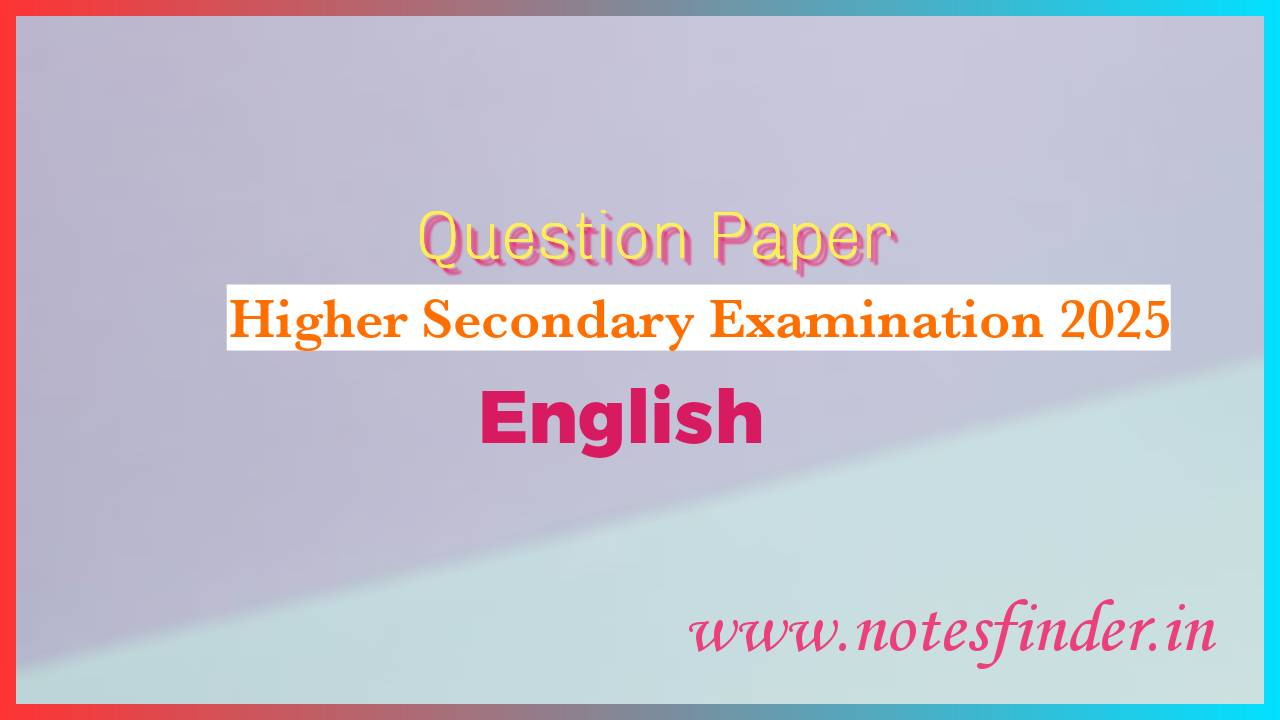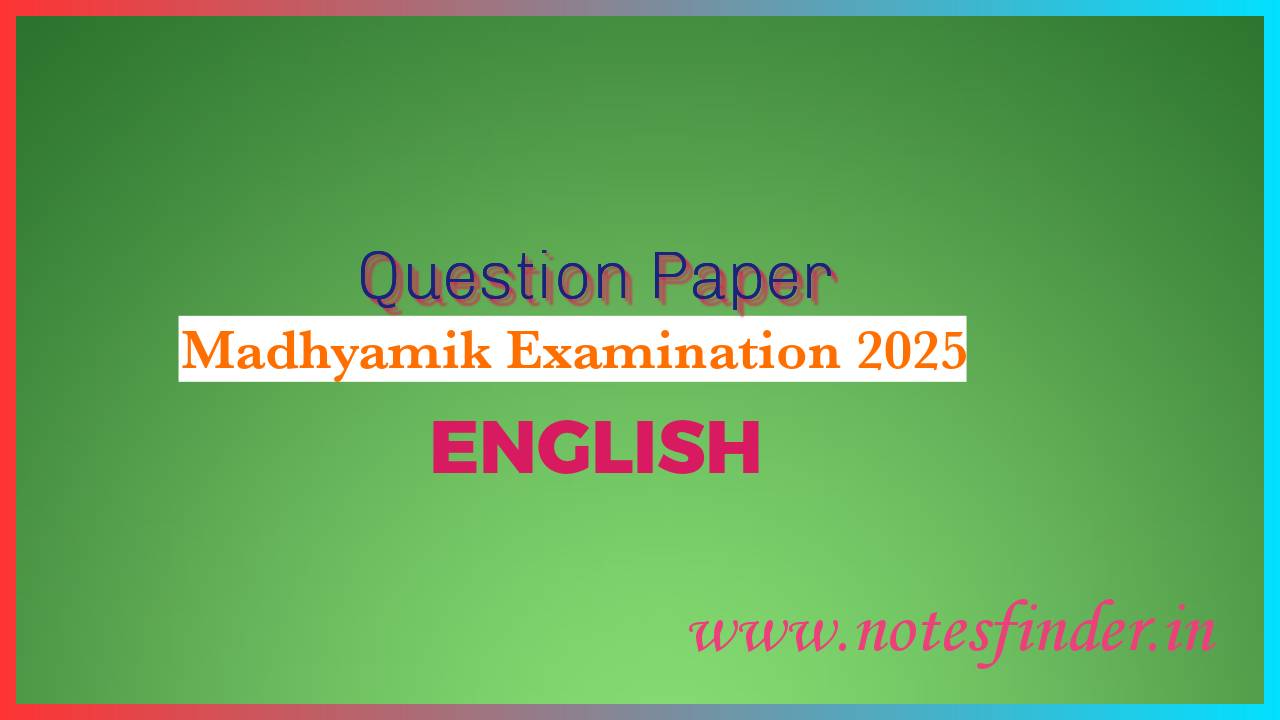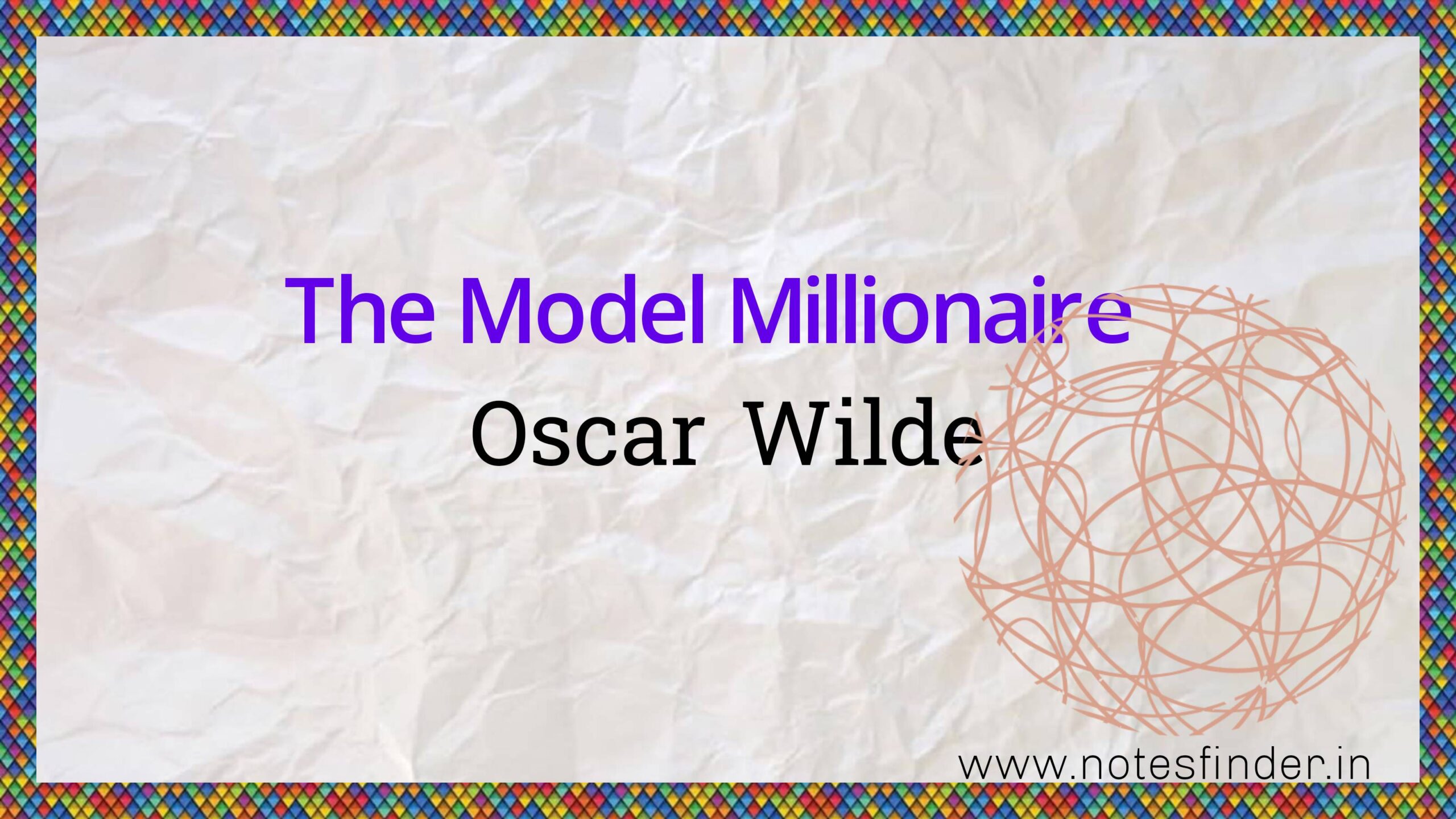About the Poet:
Joseph John Campbell (1879—1944) was a famous Irish poet and lyricist. He was born in Belfast in an Irish family. His literary activities began with songs. In 1905 he moved to London. His famous poems include At Harvest, On Waking, The Blind Man at the Fair, The Old Woman etc.
জোসেফ জন ক্যাম্পবেল (১৮৭৯-১৯৪৪) একজন বিখ্যাত আইরিশ কবি ও গীতিকার ছিলেন। তিনি বেলফাস্টে একটি আইরিশ পরিবারে জন্মগ্রহণ করেছিলেন। তাঁর সাহিত্য কার্যক্রম শুরু হয়েছিল গান দিয়ে। ১৯০৫ সালে তিনি লন্ডনে চলে যান। তাঁর বিখ্যাত কবিতাগুলির মধ্যে রয়েছে At Harvest, On Waking, The Blind Man at the Fair, The Old Woman ইত্যাদি।
I Will Go With My Father A-ploughing Bengali Meaning | Lesson 9 | Class 6
I will go with my father a-ploughing
আমি বাবার সাথে চাষের কাজে যাব
To the green field by the sea,
সমুদ্রের ধারে সবুজ মাঠে,
And the rooks and the crows and the seagull
আর রুক(এক ধরনের বড়সড় কাক), কাক এবং শঙখচিলেরা
Will come flocking after me.
আমার পিছনে ভিড় করবে।
I will sing to the patient horses
আমি শান্ত ঘোড়াগুলিতে গান শোনাবো
With the lark in the while of the air,
বাতাসের সময় চাতকের সাথে সাথে,
And my father will sing the plough-song
আর আমার বাবা চাষের গান গাইবেন
That blesses the cleaving share.
যা টুকরো অংশগুলিকে মহিমান্বিত করে।
I will go with my father a-sowing
আমি বাবার সাথে বীজ বপন করতে যাব
To the red field by the sea,
সমুদ্রের ধারে লাল মাঠে,
And the rooks and the crows and the starlings
আর রুক, কাক এবং শঙ্খচিলেরা
Will come blocking after me.
আমার পিছনে দল বেঁধে আসবে।
I will sing to the striding sowers
আমি পরিশ্রমী বপনকারীদের কাছে গান গাইব
With the finch on the greening slow,
ধীরে ধীরে সবুজে ফিঞ্চের সাথে,
And my father will sing the seed-song
আর আমার বাবা বীজ-গান গাইবেন
That only the wise men know.
যা কেবল জ্ঞানী লোকেরা জানে।
I will go with my father a-reaping
আমি বাবার সাথে ফসল কাটতে যাব
To the brown field by the sea,
সমুদ্রের ধারে বাদামী মাঠে,
And the geese and the crows and the children
এবং রাজহংসী এবং কাক এবং শিশুরা
Will come blocking after me.
আমার পিছু দল বেঁধে আসবে।
I will sing to the tan-faced reapers
আমি তামাটে- মুখী ফসল কাটুরেদের কাছে গান করব
With the wren in the heat of the sun,
রেন পাখির সঙ্গে সূর্যের উত্তাপের মধ্যে,
And my father will sing the scythe-song
আর আমার বাবা কাস্তের গান করবেন
That joys for the harvest done.
যা ফসল কাটার জন্য আনন্দ দেবে।
I Will Go With my father A-ploughing Questions and Answers | Lesson 9 | Class 6
Activity 1
Choose the correct answer from the given alternatives and fill in the blanks:
(a) The child will go with father to the field for ploughing. (field/sea/hills)
(b) The child will sing to the horses along with the lark. (lark/wren/gull)
(c) The father sings the seed-song while sowing. (reaping/sowing/harvesting)
(d) Reaping will be done by the father when the field is brown.(red/brown/green)
Activity 2
Complete the following sentences with information from the text:
(a) ________________________ will come flocking after the child.
Ans: (a) TheRooks, the crows and the seagull will come flocking after the child.
(b) The plough song will _____________________________.
Ans: (b) The plough song will bless the cleaving share.
(c) The child will go ____________________ for sowing.
Ans: (c) The child will go with his father to the field for sowing.
(d) The reapers are tan-faced because _______________.
Ans: (d) The reapers are tan-faced because they work under the heat of the sun.
Activity 3
Answer the following question:
Why will the father and the child sing while ploughing, sowing and reaping?
Ans: The father and the child will sing while ploughing, sowing and reaping because they enjoy all the three stages of cultivation along with the natural activities.
Activity 4
Fill in the chart with information from the text:
| Names of birds | Actions |
| (a) The rooks, the crows and the seagull | flocking |
| (b) The rooks, the crows and the starlings | blocking |
| (c) The lark, the finch and the wren | singing |
Activity 5
Answer the following questions in complete sentences:
(a) What are the three stages of farming ?
Ans: The three stages of farming are ploughing, sowing, and harvesting or reaping.
(b) What are the different colours of the field at different stages of farming ?
Ans: The three different colours of the field are green, red and brown.
(c) What song do the wise men know?
Ans: The wisemen knew the seed-song that his father would sing.
(d) At what stage of farming is the scythe required ?
Ans: The Scythe is required during the reaping stage of farming.
Activity 6(a)
6. Fill in the blanks with suitable articles and prepositions:
We went ________ the park and had ____ picnic. I played ____ a slide and had ____ chocolate. Then we took _____ walk.
Ans: We went to the park and had a picnic. I played with a side and had a chocolate. Then we took a walk.
Activity 6(b)
7. Identify the types of sentences given below:
(i) Can we go there? 👉 Interrogative Sentence.
(ii) What fun they had! 👉 Exclamatory Sentence.
(iii) She was not well. 👉 Assertive Setence.
(iv) Sit down. 👉 Imperative Sentence.
Activity 7(a)
8. Find the synonyms of the following words or expressions from the poem:
(i) gathering in a group. 👉 Flocking
(ii) not foolish 👉 Wise
(iii) persons who plant seeds. 👉 Sower
(iv) thing used to reap corn 👉 Scythe
Activity 7(b)
9. Match the following words in column A with their opposites in column B:
Answer:
| A | B |
| (i) patient | impatient |
| (ii) wise | unwise |
| (iii) slow | fast |
| (iv) joy | slow |
Activity 8(a)
10. Write a story in about sixty words based on the following hints:
an old farmer calls his lazy sons – asks them to dig up treasure stored in the field – sons dig up field but find no treasure – farmer asks them to sow seeds – a rich harvest- sons understand the value of hard work
Ans: Once upon a time a farmer lived in a village. He had three lazy sons. One day he told his sons to dig up the treasure stored in the field. At this, his sons began to dig up but didn’t find any treasure. Then he instructed them to sow seed in the loose soil. In the field, there was a rich harvest. The real treasure was discovered. The sons understood the value of hard work.
Activity 8(b)
11. Write a short paragraph in about sixty words describing your favorite season. Use the following hints:
name of the season – flowers and fruits – vegetables – festivals – why you enjoy it
Ans: The season I like most is the Spring. It is called the ‘King of Seasons’. This season lasts for two months, namely February and March. A mild breeze blows from the south. Nature looks fresh, and beautiful flowers bloom. ‘Holi’, the festival of colours, is celebrated in this season. Fresh flowers and fruits are available at this time. Flowers like china rose and dahlia blossom in Spring, Vegetables like cabbages, cauliflowers, and spinach grow in plenty. For all these reasons I like the season most.
Read More👇
• Lesson 1 It All Began With Drip Drip
• Lesson 2 The Adventurous Clown
• Lesson 3 The Rainbow
• Lesson 4 The Shop That Never Was
• Lesson 5 Land of The Pharaohs
• Lesson 6 How The Little Kite Learned to Fly
• Lesson 7 The Magic Fish Bone
• Lesson 8 Goodbye to The Moon
• Lesson 9 I Will Go With My Father A-ploughing
• Lesson 10 Smart Ice Cream
• Lesson 11 The Blind Boy
• Lesson 12 Rip Van Winkle



